The University Of Melbourne Partners with Kinaway
Overview of the Partner’s business
The University of Melbourne is situated on the unceded lands of the Wurundjeri Woi Wurrung people, the Bunurong people, the Yorta Yorta people and the Dja Dja Wurrung people.
Established in 1853, it is the second oldest university in Australia and the oldest in the state of Victoria.
The University of Melbourne is Australia’s leading comprehensive research-intensive university.
As of September 2023, the number of enrolled Indigenous students at the University is 529. The number of Indigenous staff in September 2023 numbered 198 including a professoriate of 21.
The University launched Murmuk Djerring, its Indigenous Strategy, in August 2023.
Murmuk Djerring, ‘working together’ in Woi Wurrung language, marks a watershed moment in the University’s history.
The Strategy contains a number of important priorities and opportunities to strengthen the University’s efforts towards its larger enduring purpose, which is to benefit society through the transformative impact of education and research.
One of these is an Indigenous Procurement Strategy.
How has the Partner engaged with the Indigenous sector? What actions have they taken to reconciliation?
The University has made considerable progress in advancing positive Indigenous outcomes since the implementation of our first Reconciliation Action Plan in 2011.
Since that time, our Indigenous student numbers have increased by 177 per cent and staff numbers by 709 per cent.
Our Indigenous students’ retention rates and their success in completing their qualifications remain strong.
We have also implemented and progressed numerous partnerships, programs and initiatives that have resulted in tangible, reciprocal outcomes for Aboriginal and Torres Strait Islander peoples and the University.
While celebrating our successes, it is important to acknowledge that the University’s engagement with Indigenous Australians has at times been problematic.
In recent years, we have taken meaningful and tangible action towards addressing the University’s colonial history. Truth-telling is a key focus of Murmuk Djerring, our new Indigenous Strategy, which builds on efforts to acknowledge the institution’s past.
The University’s second RAP 2015 - 2017 committed us to promoting the use of Indigenous suppliers.
This led to our membership of Supply Nation, the first university to become a member and the inclusion of Indigenous sourcing principles in a new Procurement Policy.
The University was part of the RAP framework for 12 years. Our last RAP 2018 – 2022 was classified with ‘elevate’ RAP status. We have chosen to progress our priorities from 2023 outside the RAP framework, which decision was endorsed by Traditional Owners Advisory Group, so we are unconstrained by limitations on the number and nature of transformational Signature Projects and are able to respond in a timely way to emerging University and national priorities.
Relevant initiatives:
In 2024 we will launch a dedicated Office of Indigenous Employment for Indigenous academic and professional staff recruitment and support. This office will focus on recruiting Indigenous staff, providing them with meaningful support throughout their employment, and ensuring confidence in their cultural safety while at work.
A multi-year University-wide cultural education program will equip our non-Indigenous staff with the skills and confidence to participate effectively in shaping an inclusive, respectful and connected University community.
We are amplifying our efforts to build an economically powerful and socially just Indigenous Australia through a range of world-class, innovative centres and initiatives, including the Dilin Duwa Centre for Indigenous Business Leadership, the Atlantic Fellows for Social Equity, and the Poche Centre for Indigenous Health.
The Indigenous Knowledge Institute aims to advance research and education in Indigenous knowledge systems. Indigenous knowledge provides us with compelling means by which to address some of our greatest social, environmental and economic challenges. Recognising and harnessing Indigenous knowledge will expose the University community to the rich heritage and potential of Aboriginal and Torres Strait Islander Australia, while demonstrating to our Indigenous students and staff that they are valued and included.
Our Indigenous Knowledges Institute is central to progressing these ambitions.
Why did the Partner sign up with Kinaway? What was the driving factor?
Our social and sustainable procurement objectives aim to stimulate Indigenous entrepreneurship and business development, create employment opportunities, and expose the wider University community to the expertise and diversity offered by these businesses.
What is the Partner’s mission or aim in supporting the Indigenous economy? How will Kinaway member businesses benefit from this partnership?
A Signature Project in our recently launched Indigenous Strategy is an Indigenous Procurement Strategy.
Our most recent RAP in 2018–2022 resulted in Diversity and Inclusion in the Supply Chain Strategy to promote the development and use of Indigenous suppliers.
Building on these measures, our Indigenous Procurement Strategy will now incorporate targets.
It will also focus on training and mentoring to stimulate Indigenous entrepreneurship and business development, create employment opportunities for Aboriginal and Torres Strait Islander Australians, and expose the wider University community to the expertise and diversity offered by these businesses.
How does the Partner hope to benefit from their partnership with Kinaway?
Further develop the genuine and effective partnerships between the University and Aboriginal and Torres Strait Islander communities and organisations, achieving social change and impact with and for the communities we serve.
Murmuk Djerring, the University’s Indigenous Strategy 2023-27
From the Vice-Chancellor’s Foreword:
“The University has made considerable progress in advancing positive Indigenous outcomes since the implementation of our first Reconciliation Action Plan in 2011. At that time, we made a commitment to the Aboriginal and Torres Strait Islander peoples of Australia that we would use our resources to make a sustained contribution to better health, education and living standards for Indigenous Australians, while recognising the contribution of Aboriginal and Torres Strait Islander peoples and their knowledge in support of this aim.”
- Duncan Maskell Vice-Chancellor The University of Melbourne
In developing the University’s Indigenous Strategy, we sought to use culturally appropriate and respectful terminology.
Murmuk Djerring means ‘working together’ in the Woi Wurrung language of the Wurundjeri Woi Wurrung people on whose unceded lands several of the University’s campuses are located.

